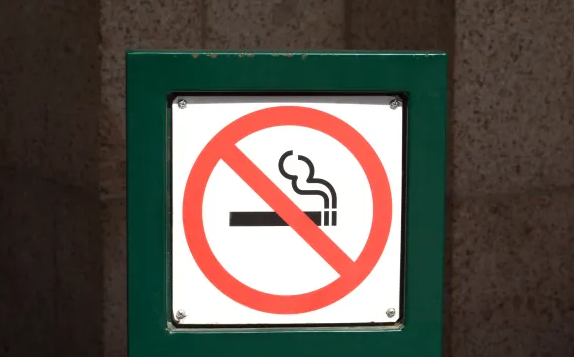The Food and Drug Administration (FDA) under President Joe Biden has begun the process of banning menthol cigarettes, a move supported by many public health groups. Many people believe that menthol cigarettes are more addictive than normal cigarettes. Some have called Biden’s restriction hypocritical given his support for broader reforms, such as the distribution of safe crack pipes and the legalization of marijuana.
The tobacco industry is fighting back, saying there is no proof that menthol cigarettes cause more people to start smoking or keep them smoking. Concerns that a menthol ban could lead to increased police presence in black areas have been raised by civil rights organizations, black community leaders, and others.
At the same time, President Biden’s administration has been criticized for facilitating drug use by increasing the availability of drug paraphernalia and providing designated areas for its usage. The Health and Human Services (HHS) Department has announced a $30 million grant program for fiscal year 2022 to assist non-profits and local governments in improving addicts’ access to safe drug use. The trafficking of crack cocaine, crystal methamphetamine, and other illicit drug smoking pipes is included in these grants.
New York University and Brown University received a $5 million grant to study the efficacy of “safe injection sites” in reducing overdose deaths. Drug users would be able to use heroin and other illegal narcotics in these approved places, with access to medical care in the event of an overdose.
In addition to reevaluating the scheduling of marijuana under federal law and finding a means to pardon people convicted of federal marijuana possession charges, the Biden administration has also encouraged state governors to do the same.
Concerns were raised about the potential implications of the planned menthol cigarette ban by CATO Institute senior associate Jeffrey Singer. A black market for cigarettes, in his opinion, might develop as a result. Singer found that 81% of Black smokers and 51% of Hispanic smokers preferred menthol-flavored cigarettes. Most young smokers prefer non-menthol cigarettes, but he cited studies that found the opposite to be true for menthol cigarettes.
The Food and Drug Administration (FDA) is moving forward with its plan to ban menthol cigarettes while also supporting regulations that increase availability of drug paraphernalia and safe areas for drug use. The rise of the black market for goods and the widening of racial gaps in the criminal justice system are two examples of the unexpected effects that have arisen as a result of these policies.








